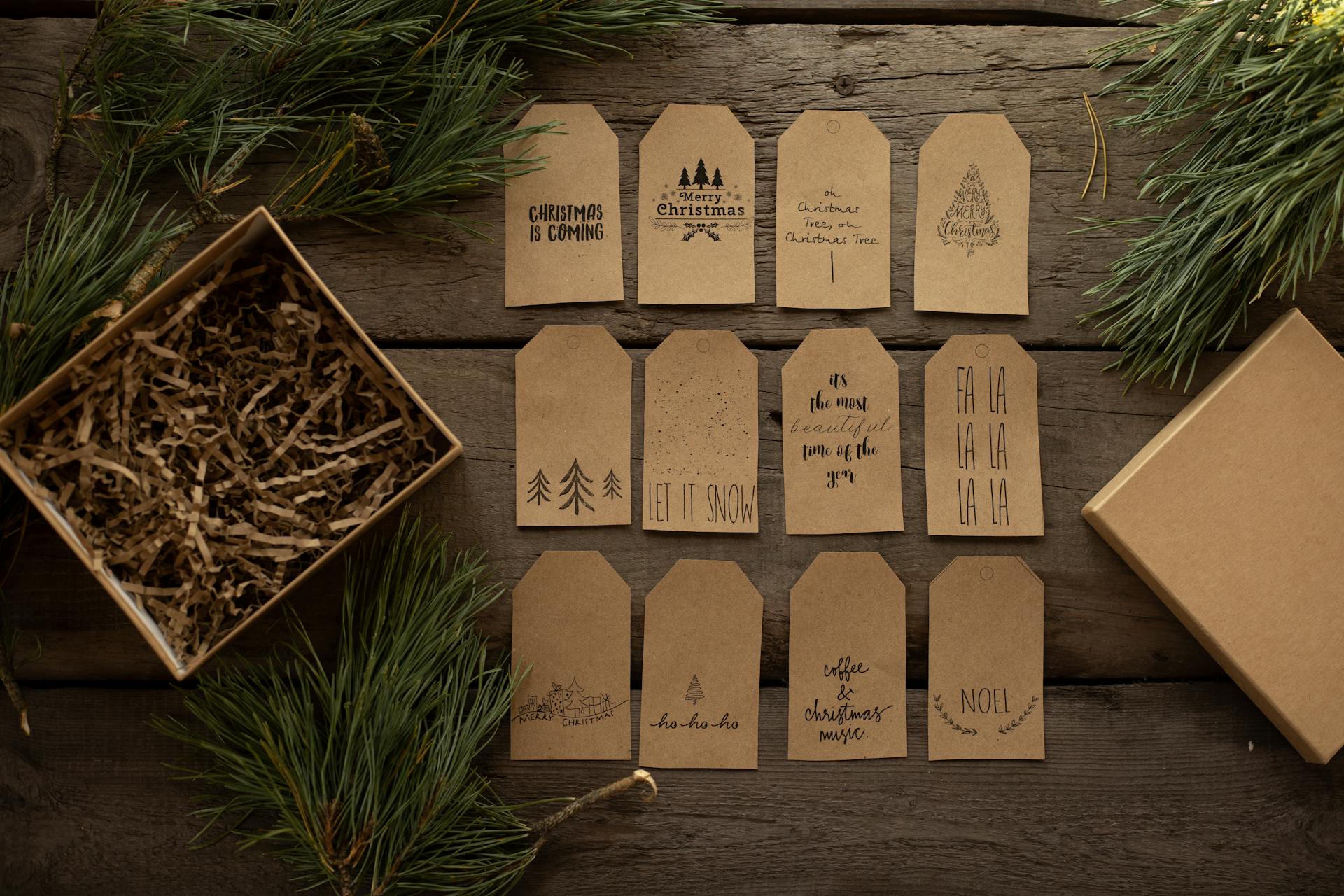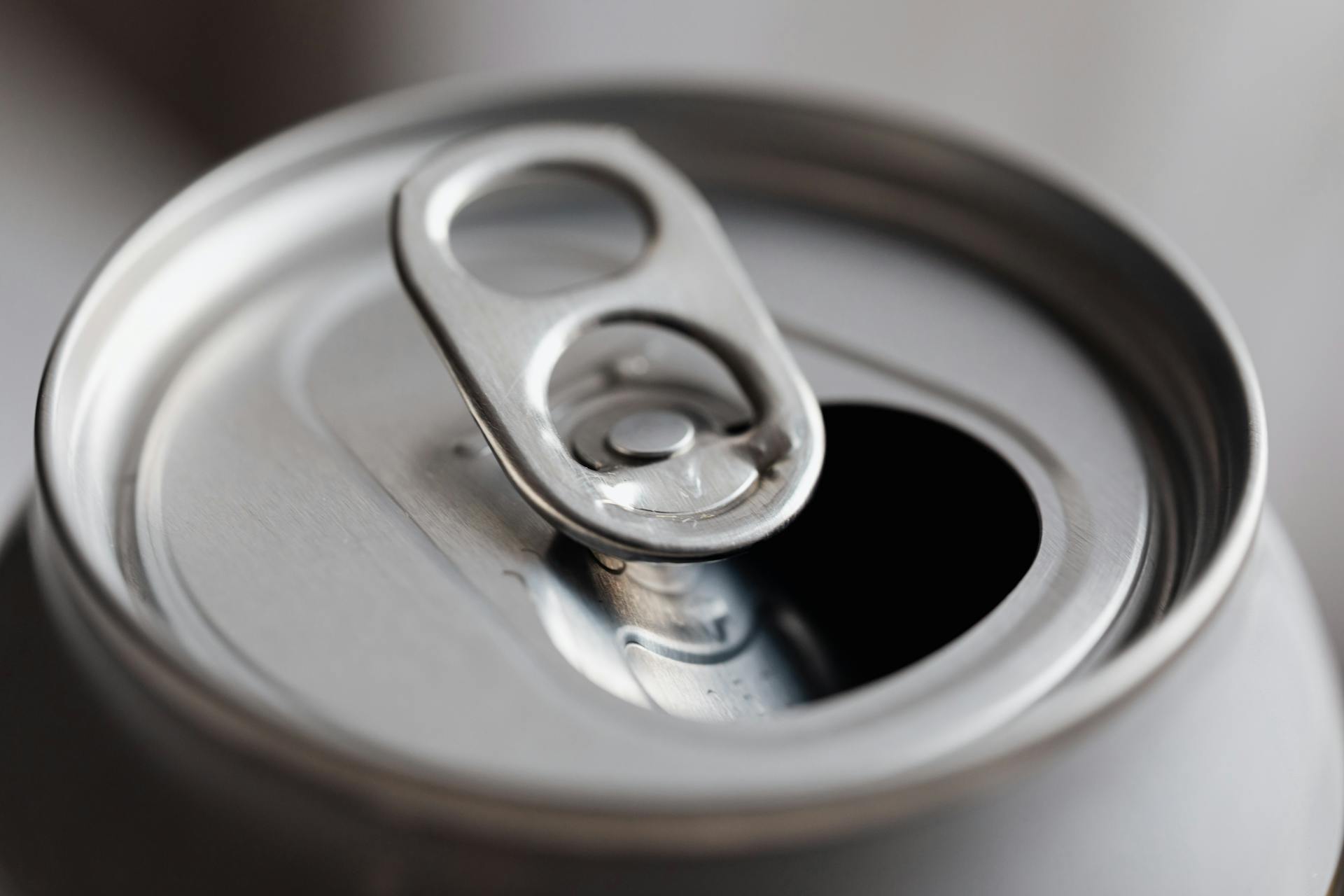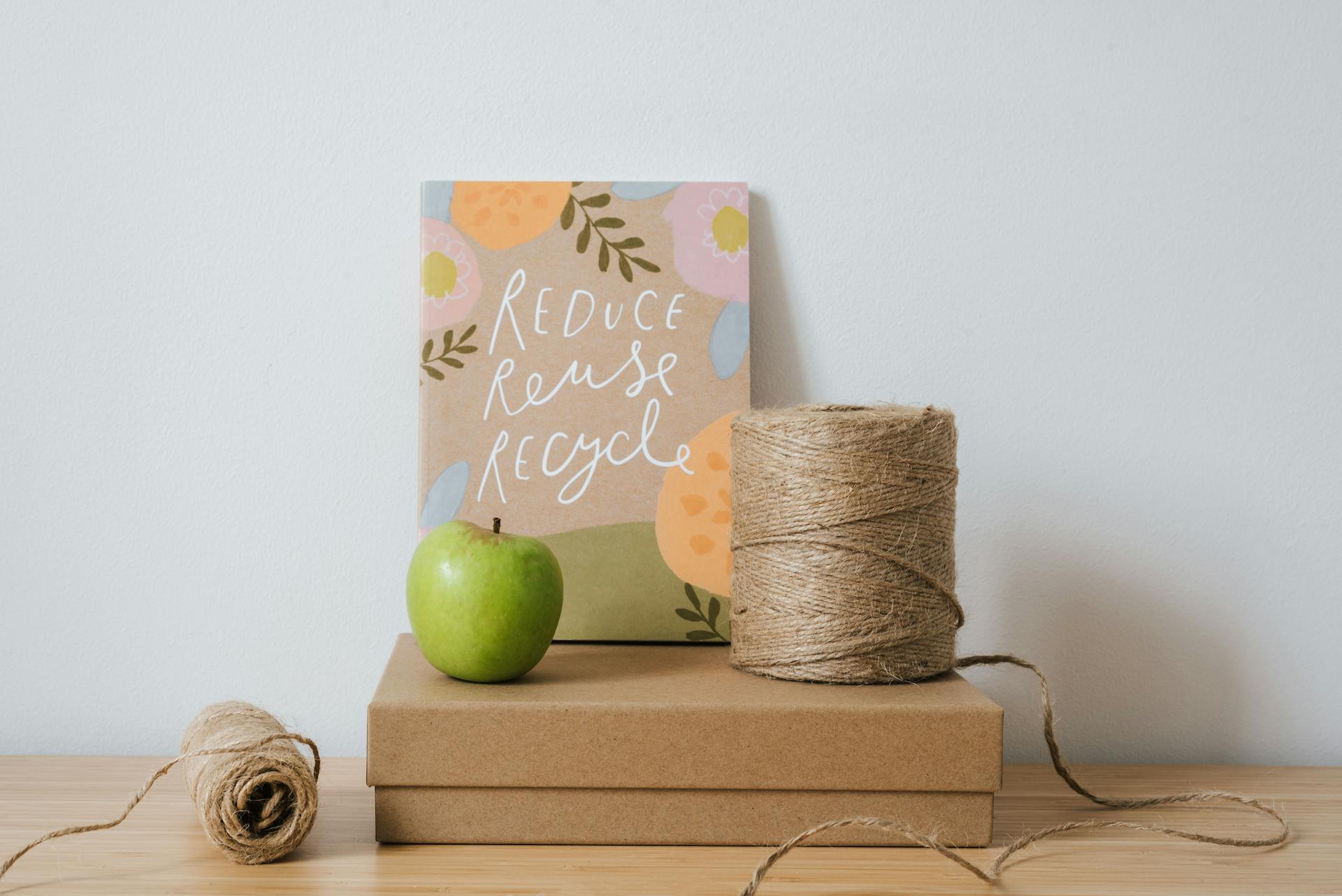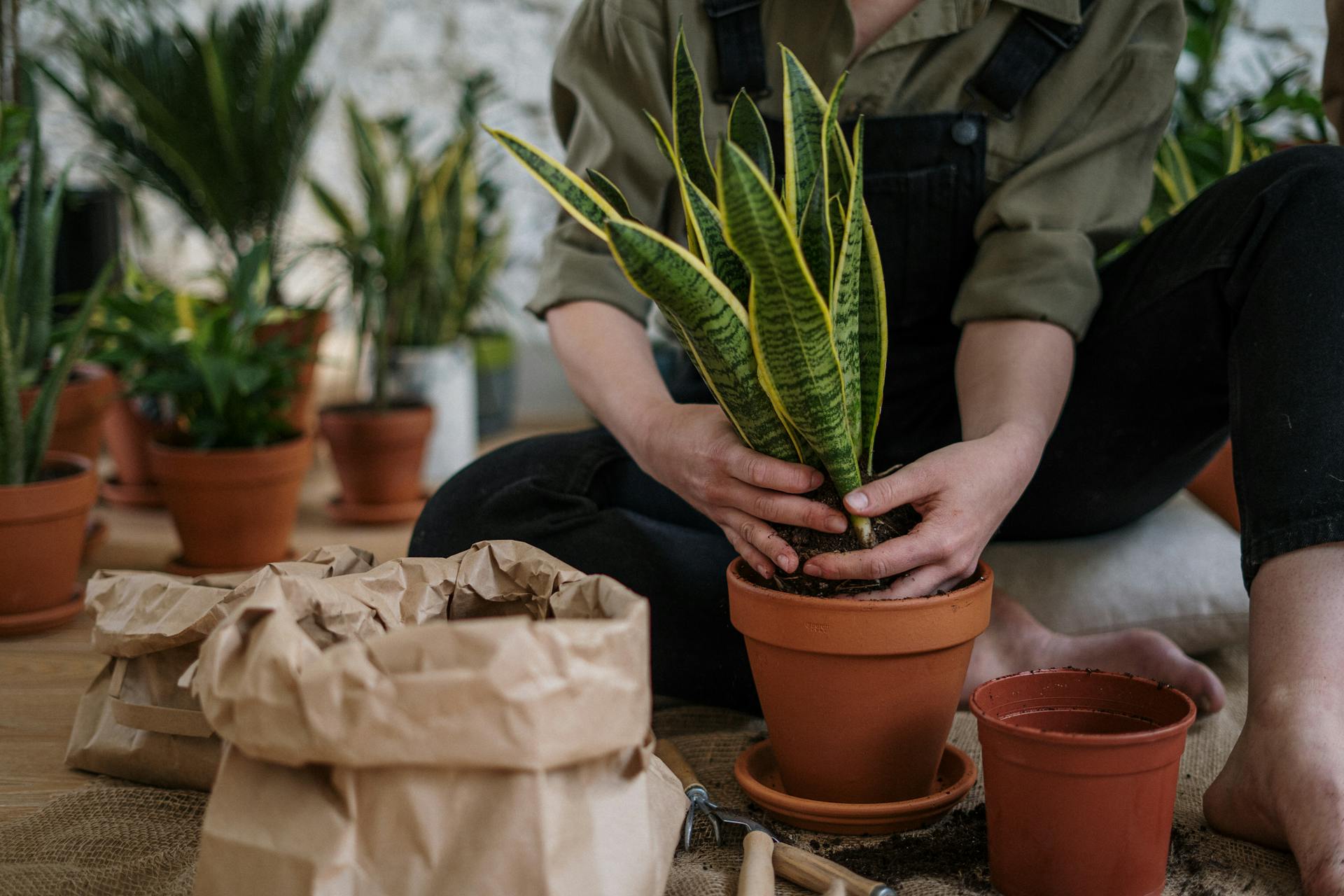
Recycling is an essential practice that helps us protect our environment and preserve natural resources. As gardeners, we tend to accumulate a lot of plant pots, and it can be challenging to dispose of them in an eco-friendly manner. However, there are many ways to recycle plant pots that you may not know about.
In this article, we will guide you on how to recycle plant pots effectively. You will discover innovative techniques and learn how to repurpose plant pots for various purposes. Whether you have plastic or ceramic pots, we will show you how to give them a new life instead of throwing them away. So, if you're looking for ways to reduce waste in your garden and make the most out of your old plant containers, keep reading!
How To Reuse Plant Pots?
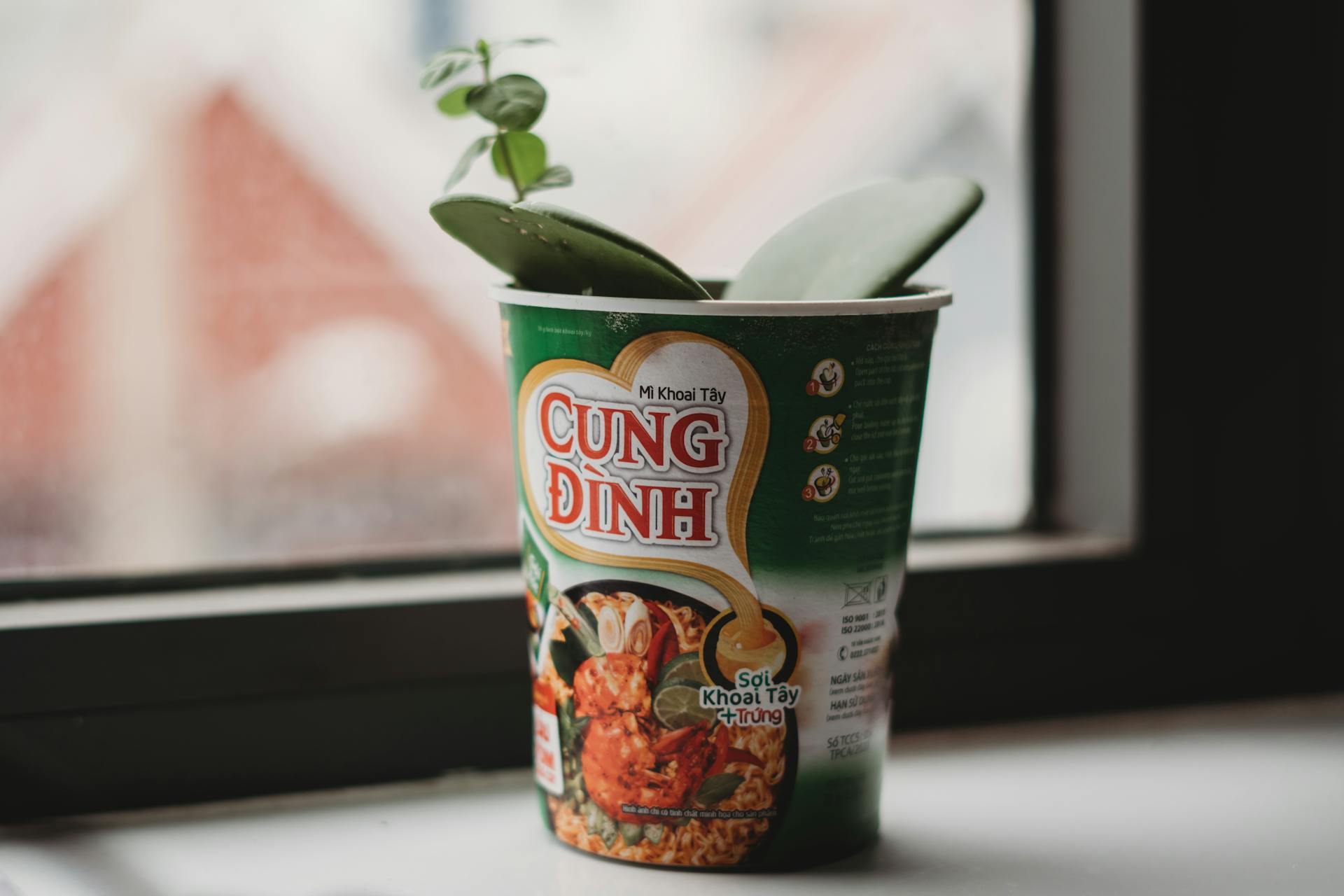
If you're a gardening enthusiast, then you're probably wondering what to do with those plastic plant pots once your plants have grown. One of the simplest ways to reuse smaller pots is by using them as holiday decorations or seed trays. You can also use a small pot to scoop soil out of a larger container of water and daring yourself to grow some new plants.
For those with DIY skills, turning plastic plant pots into pretty fracking amazing items is possible. You can create permanent planting holes by simply digging a hole in the ground and placing a large plastic pot inside. Cover it with mulch, and you've got an instant garden bed! Or if you want to create beautiful art, cut back some perennials, buy bare-root plants from mail-order nurseries or collection buckets, and start seed starting in plastic pots for spring nights.
Larger plastic plant pots can be used for more creative projects like making a DIY natural bug spray recipe or mosquito repellent planter. You can even divide perennials into smaller pots for transplanting later on. The possibilities are endless when it comes to reusing plastic pots! So don't throw them away – save them for future use and help the environment at the same time.
Broaden your view: Can You Recycle Plastic Bags
Reviving Plant Pots: Alternative Recycling Methods
If you're looking to recycle your old plant pots, there are a few alternative methods that you can try. One option is to repurpose them for other uses around the house, such as storing small items or creating a DIY herb garden. Another option is to donate them to a local nursery or community garden. You can also recycle certain types of plant pots, such as terracotta ceramic and cement plant pots, by taking them to your local recycling center. With these alternative recycling methods, you can give your old plant pots new life while reducing waste in your community.
Suggestion: Cardboard Box Recycling
Discover the Beneficial Ways to Reuse Plastic Plant Pots

Plastic plant pots are a staple in every gardener's toolkit. However, once you're done with them, tossing plastic pots is not the best way to dispose of them. Instead, consider reusing or recycling them. Many recycling centers accept plastic pots, and some even have specialist facilities for black plastic pots.
If you're unsure whether your local service accepts plastic plant pots, look for the recycling symbol on the bottom of the pot. If it has one, it's an excellent place to start. You can also check with your local center or curbside recycling bin to see if they accept these items.
Reusing plastic pots ensures that they don't end up in landfills and can save you money in the long term. You can reuse them for seedlings or small plants or donate them to local nurseries or community gardens. When it's time to recycle plastic plant pots, make sure to clean them thoroughly before bringing them to your local recycling center. By following these simple tips, you can help reduce waste and protect our planet!
Discover Creative Ways to Reuse Empty Plastic Plant Pots

Are you tired of throwing away those flimsy, soft plastic plant pots that come with your new plants? Don't toss them just yet! There are plenty of creative ways to reuse them. You can donate them to school gardens, college horticultural departments, or local community gardens. You could also try selling them on Facebook Marketplace or giving them away to master gardeners who hold annual plant sales. And if the pots are in pretty hard condition, you can even use them as containers for organizing small items around the house. So next time you have an empty plastic pot, think twice before throwing it away!
Reducing Plant Pot Waste: Are There More Solutions?

Recycling plant pots is a great way to reduce plastic waste, but are there more solutions? Local garden centers and big box stores often offer recycled garden pots, but not all areas have a recycling program that accepts them. Some eco-conscious mail-order nurseries also offer completely packaging-free options, which allows you to grow plants container-free and have a plant-filled home guilt-free.
Unfortunately, garden centers don't always accept plastic pot plants for recycling, and some county recycling programs don't either. Growers often don't have the time or resources to participate in a plant container recycling program, as it can be labor-intensive for the nursery industry. We need to create real recycling options for plastic pots so that we can continue reducing our environmental impact.
Recently, some people have contacted Home Depot and Lowe's corporate offices asking about their plastic pot recycling programs. While Home Depot has a plant container recycling program in place in some locations, others simply throw plastic pots back home. It's important to hold big retailers accountable for their environmental impact and encourage them to implement better practices. By continuing to push for change, we can find more solutions for reducing plant pot waste and making our planet a healthier place.
Recycling Plastic Soil and Mulch Bags: Is it Possible?
Can you recycle plastic soil and mulch bags? Yes, it is possible! Some local recycling stations accept these types of bags, while others may not. However, multi-material depots are a great option for those who want to recycle their plastic bags.
Before recycling your bags, make sure they are clean and dry. Cut the bags open and remove any weed guards or black landscape plastic that may be attached. You can also use these bags to collect weeds or wrap things around your garden. By recycling your plastic soil and mulch bags, you are helping to reduce waste and conserve resources.
For another approach, see: Are Trash Bags Recyclable
1. Can you recycle the plastic tags?
Recycling your plant pots is a great way to reduce waste and help the environment. But what about those pesky plastic tags that come with them? Unfortunately, not all plastic tags are recyclable.
Before tossing them in with your frustrating recycling, it's important to check if they have a recycling symbol. If they don't, then they can't be recycled. However, there are ways to reuse them! You can simply grab some spray paint or chalkboard paint and turn them into fun and unique markers for your plants. Don't throw them away just yet! Head to your local garden center and see what other ideas they have for repurposing these tags.
Discover the Surprising Environmental Dangers of Plant Pots
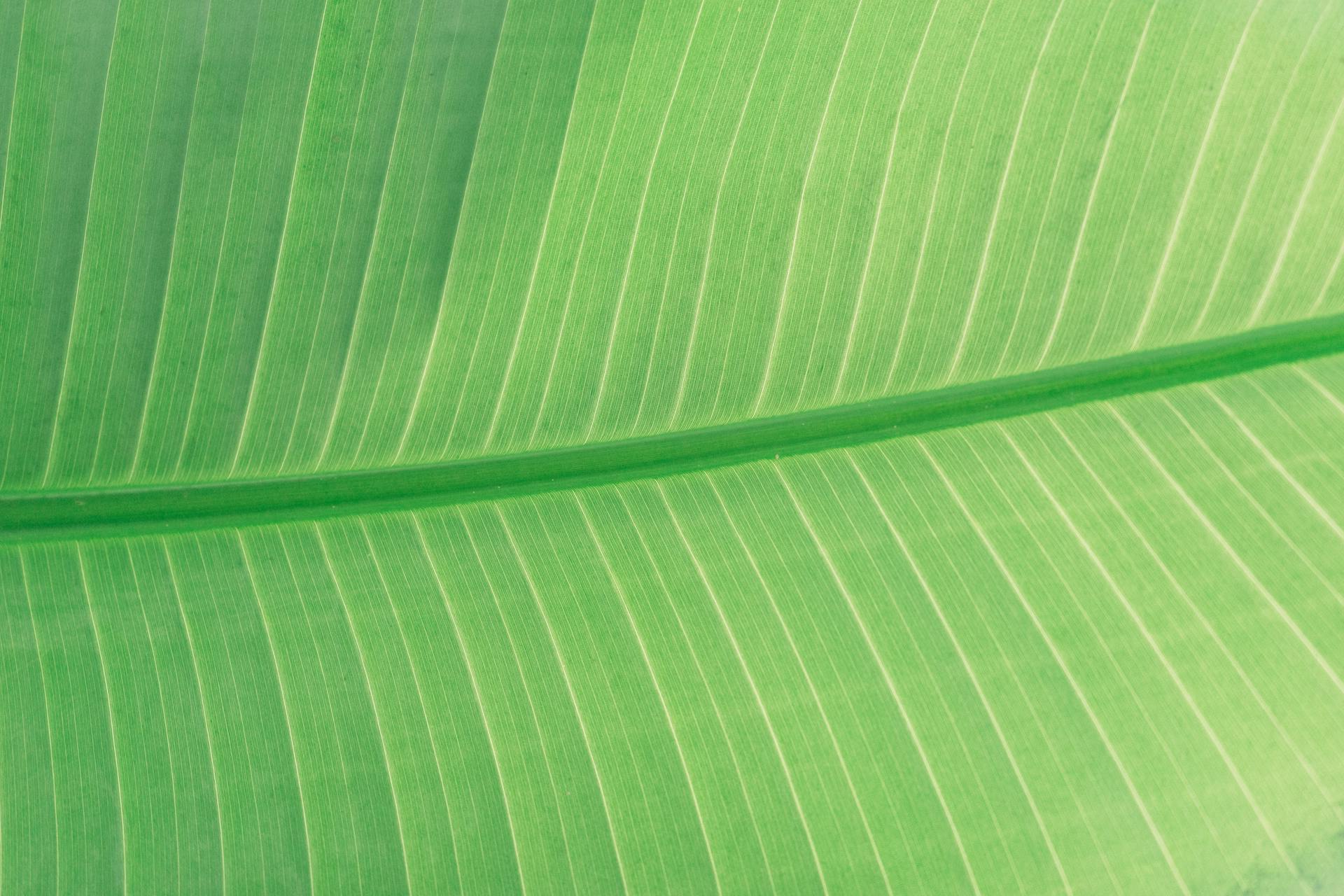
Did you know that plant pots could pose a threat to our environment? Specifically, plastic plant pots can take up to 500 years to decompose if not appropriately recycled. This means that improperly disposed of plastic plant pots create toxic landfill sites that harm the environment and wildlife.
On the other hand, ceramic pots such as terracotta and cement are more eco-friendly options as they are made from natural materials and can be reused or recycled. However, the cement industry is one of the largest carbon dioxide emitters globally, with its annual production of 28bn tonnes surpassed only by China and America.
Therefore, it is essential to choose plant pots wisely and dispose of them appropriately. Consider purchasing eco-friendly options like terracotta or ceramic pots and recycle them when possible. By doing so, we can help reduce environmental damage caused by plant pot production and disposal. And remember, small changes can make a big difference in protecting our planet!
If this caught your attention, see: Recycled and Upcycled Clothing
Why are typical plant pots harmful to the environment?
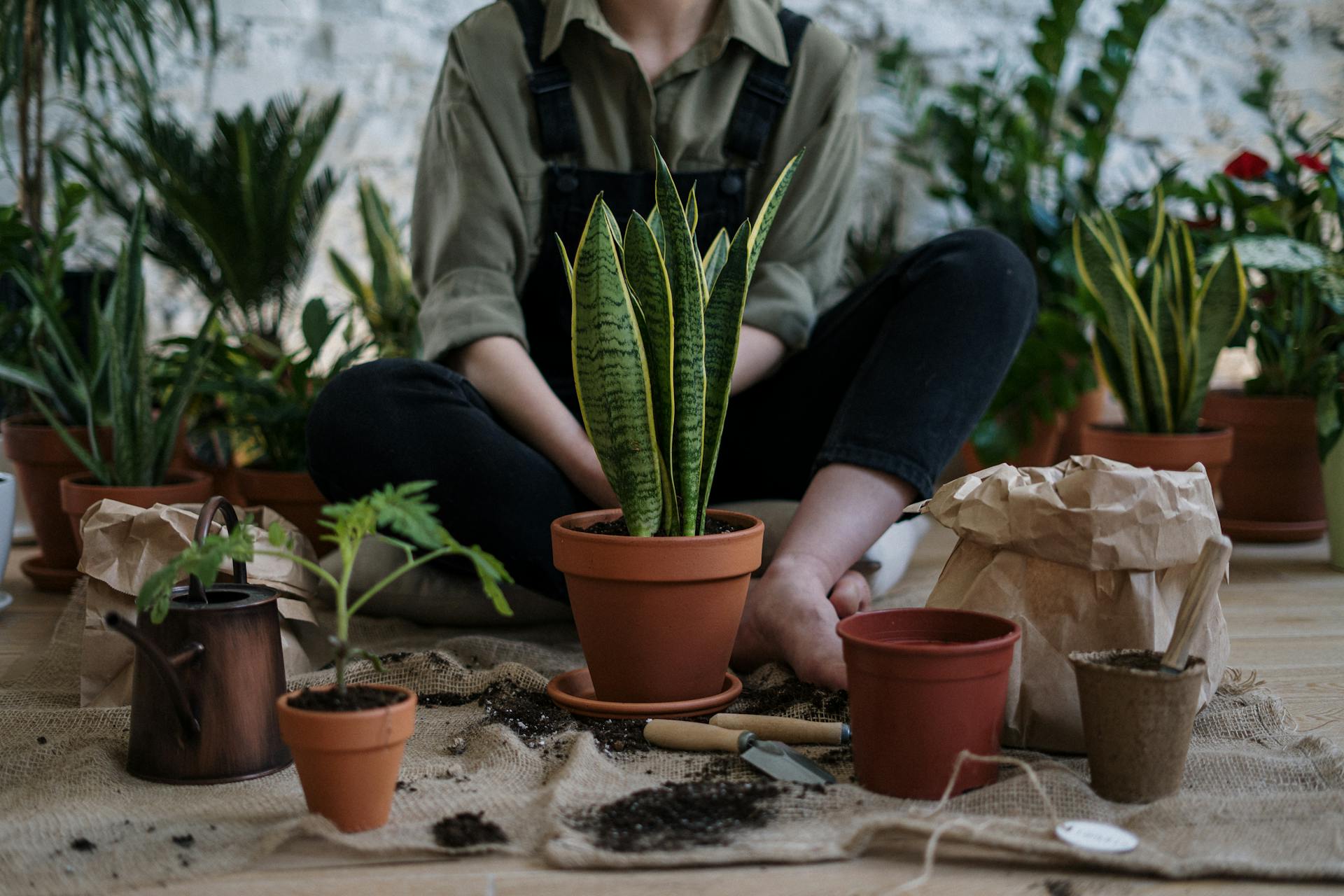
Most plant pots available in stores are made of petroleum-based plastics that take hundreds of years to decompose. Even worse, these flimsy plant pots often end up in landfills where they produce harmful greenhouse gases, adding to the already concerning issue of climate change. This is why it's crucial that we make a conscious effort to recycle plant pots instead of throwing them away.
When traditional plant pots are not properly recycled, they can contaminate our water supply and harm wildlife through the food chain. By recycling plant pots, we can reduce plastic waste and have a positive impact on our environment. So next time you're considering purchasing new plant pots, remember that reusing and recycling is always the better choice.
1. What about terra cotta, ceramic, or cement pots? Are these bad for the environment?
There is a common misconception that terra cotta, ceramic, or cement pots are bad for the environment. However, this is not entirely true. These types of pots are made from natural materials and can be reused or recycled just like any other type of pot.
Terra cotta and ceramic pots are made from natural soil potentially making them an eco-friendly option. In fact, some companies produce terra cotta using renewable energy sources to reduce their carbon footprint. Cement pots on the other hand can have high CO2 emissions due to the production process that requires heating at temperatures up to 1700 degrees. The Guardian reported that the cement industry is the third-largest producer of CO2 emissions in the world. Nonetheless, with proper disposal and recycling methods these materials can still be used sustainably.
2. Can you recycle plant pots in your normal recycling bin?
The answer is: it depends on where you live. Many curbside recycling programs across the US do not accept plastic pots due to their irregular shape and size. However, some cities like Live Chicago do accept plant pots as long as they're clean and free of soil or plants. Terra cotta ceramic and cement pots are also accepted in some areas. If your local recycling program does not accept plastic plant pots, don't fret! They can be repurposed, broken down into smaller pieces, or taken to a special facility that has been donated for this purpose.
Frequently Asked Questions
Can you recycle plastic plant pots?
Yes, plastic plant pots can be recycled. Check with your local recycling program to see if they accept them and make sure to empty any soil or debris before placing them in the recycling bin.
Can You reuse plastic plant pots in the garden?
Yes, you can reuse plastic plant pots in the garden as long as they are clean and in good condition. However, it's recommended to sterilize them before use to prevent the spread of diseases or pests.
Does home depot recycle pots?
Yes, Home Depot recycles plastic plant pots and containers. Customers can bring their used pots to any Home Depot store for recycling.
Where can I recycle plant pots in New Zealand?
You can recycle plant pots at your local garden center or nursery in New Zealand. Check with your council's recycling program to see if they accept them in their curbside recycling.
What is plant pot recycling?
Plant pot recycling is the process of collecting and reusing plastic, ceramic or terracotta plant pots to reduce waste and support sustainability. This initiative helps to promote a greener environment by reducing the strain on landfills and conserving resources.
Featured Images: pexels.com
